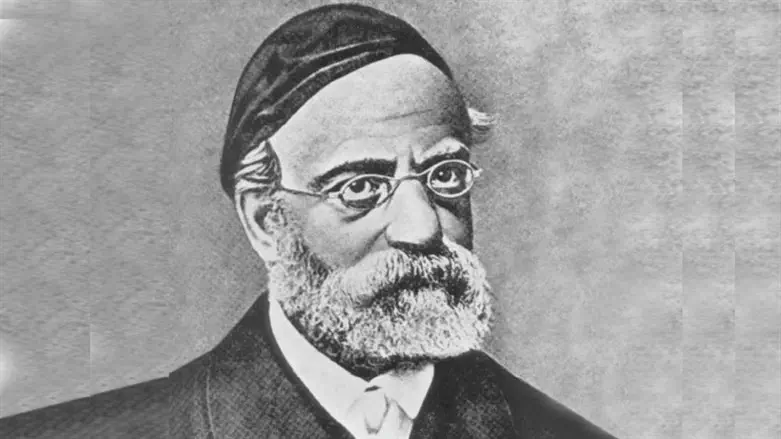
Feminists often complain that men run the world. On the surface, they’re right. Most soldiers are men, most politicians are men, and most CEOs are men. But who gives the men the strength to fight, govern, and succeed? And, perhaps even more importantly, who educates these men? Who shapes their character when they’re young?
In the years immediately preceding the Jews’ entrance to the Holy Land, the women did all this - and more. They also played the role of men - of zecharim, which literally means “rememberers” - and told the younger generation about the miraculous exodus from Egypt. For who else could have told them? Every man between the ages of 20 and 60 died in the four decades following the sin of the spies. An entire generation - wiped out. (And the previous generation mostly died of old age during this time period.) So the only people left who witnessed the exodus as mature adults and could tell the youth about it were women.
The Midrash Rabba (Numbers 21:10) notes that only the men doubted the nation’s ability to conquer the Land of Israel when the spies returned with their libelous report. The women hadn’t. (In fact, they barely participated in any of the Jews’ revolts against G-d in the desert.) Thus, G-d didn’t condemn them to die in the wilderness, and they were alive to tell their children and grandchildren about yetzias Mitzrayim.
In the words of Rav Samson Raphael Hirsch, “[A]s mothers and grandmothers, [they] could bring over into the new generation personal recollections of the past in Egypt and the glorious personal experiences of the Exodus and the subsequent living under the direct protection and guidance of G-d, and impregnate their grandchildren and great-grandchildren with the spirit of these G-d-revealing experiences.”
And the person who fostered the pious spirit that animated these women was Miriam, whose death is recorded in our parsha. She had been their “leader and prophetess,” and “her shining example [was] ever before them.”
In every generation, women play a crucial (if sometimes underappreciated) role. In the generation before the Jews conquered Israel, though, the women played not only their normal role, but the men’s role too. At a critical point in Jewish history, they filled the void, passing on their memories of yetzias Mitzrayim - the very basis of Judaism - to the next generation.
Rav Samson Raphael Hirsch (1808-1888) - head of the Jewish community in Frankfurt, Germany for over 35 years - was a prolific writer whose ideas, passion, and brilliance helped save German Jewry from the onslaught of modernity.
Elliot Resnick, PhD, is the host of “The Elliot Resnick Show” and the editor of “The Rav Samson Raphael Hirsch Dictionary.”